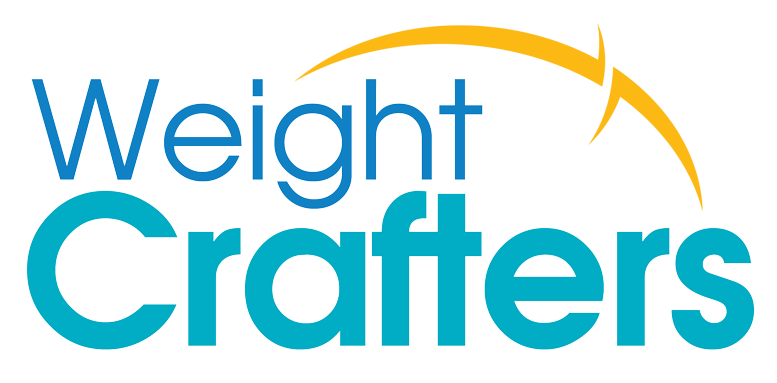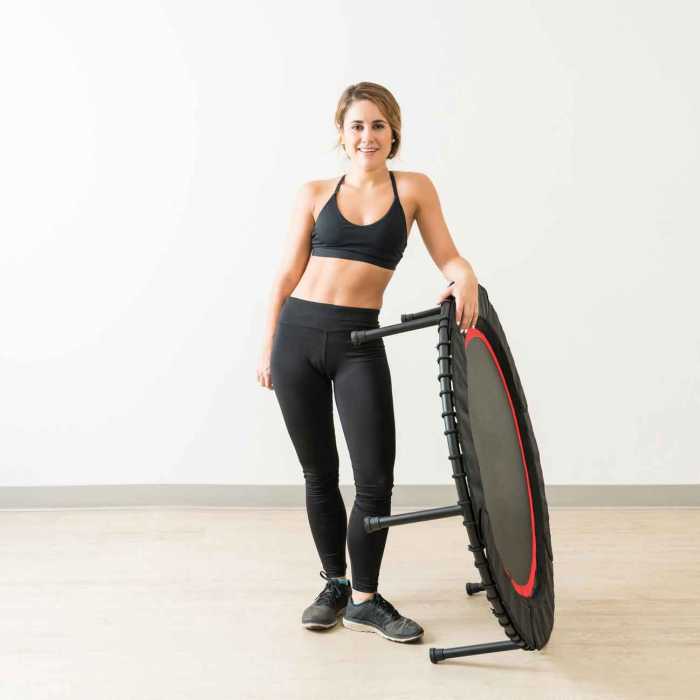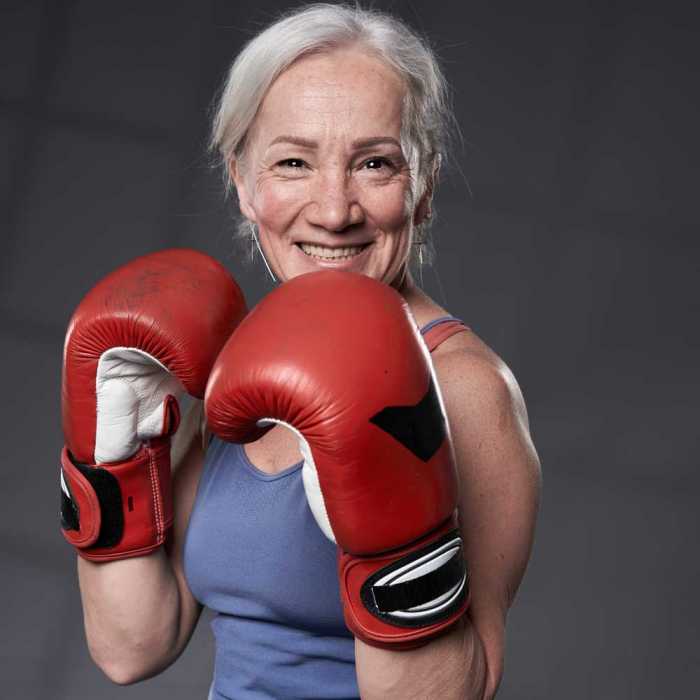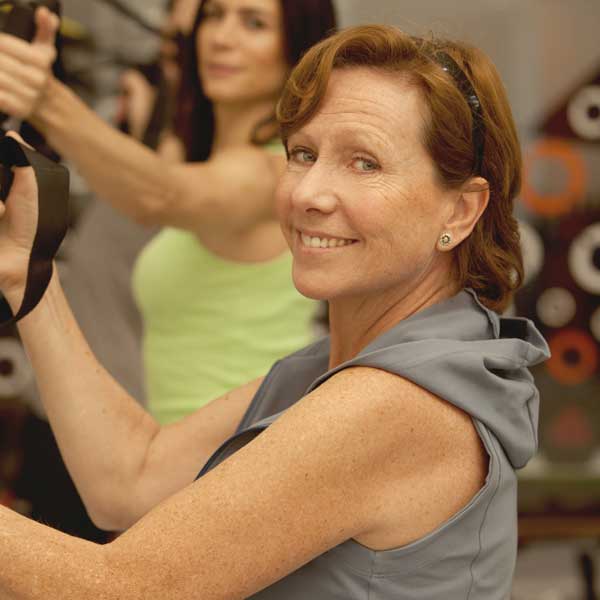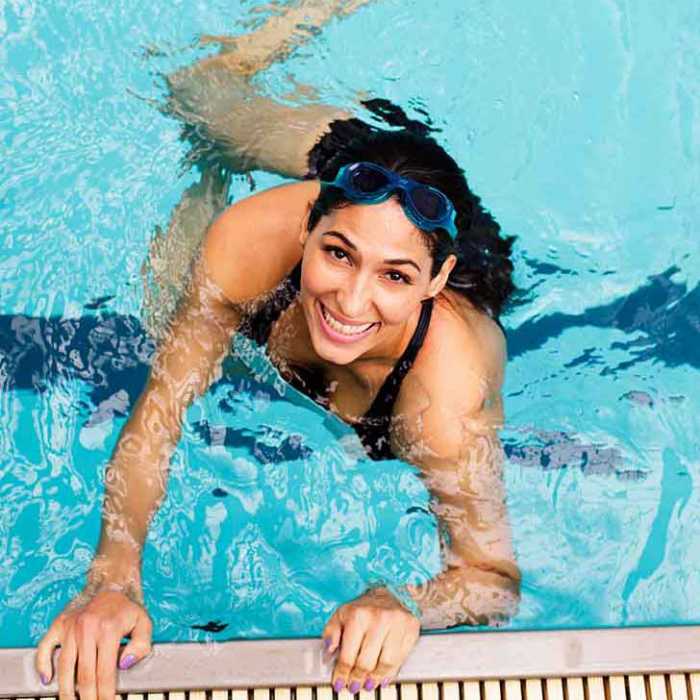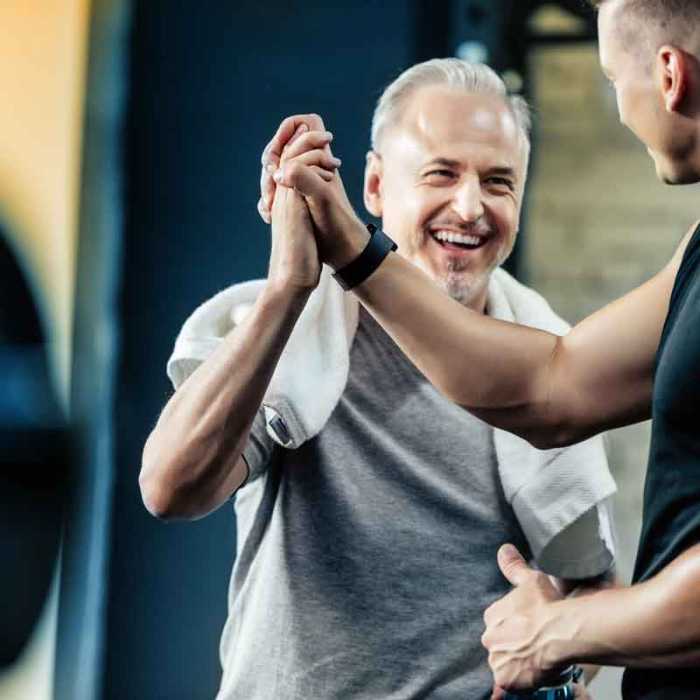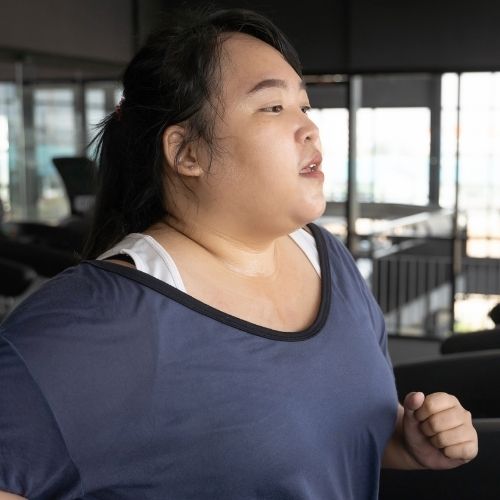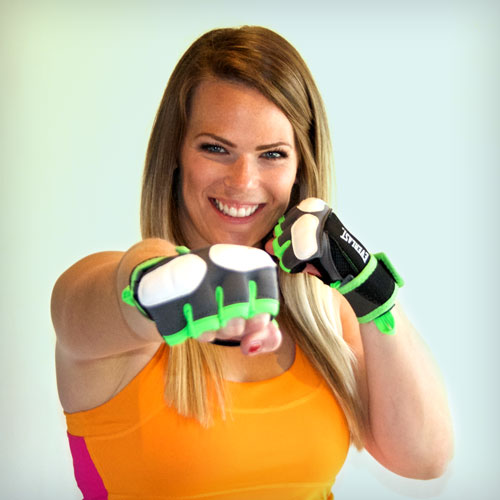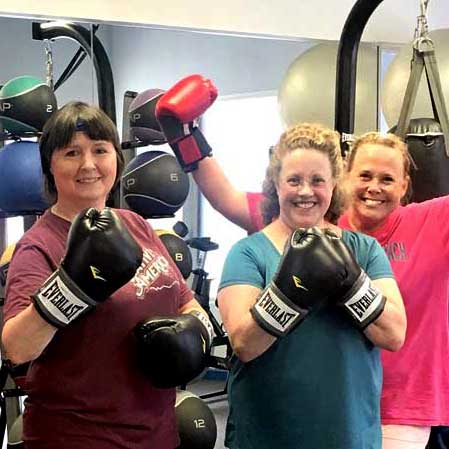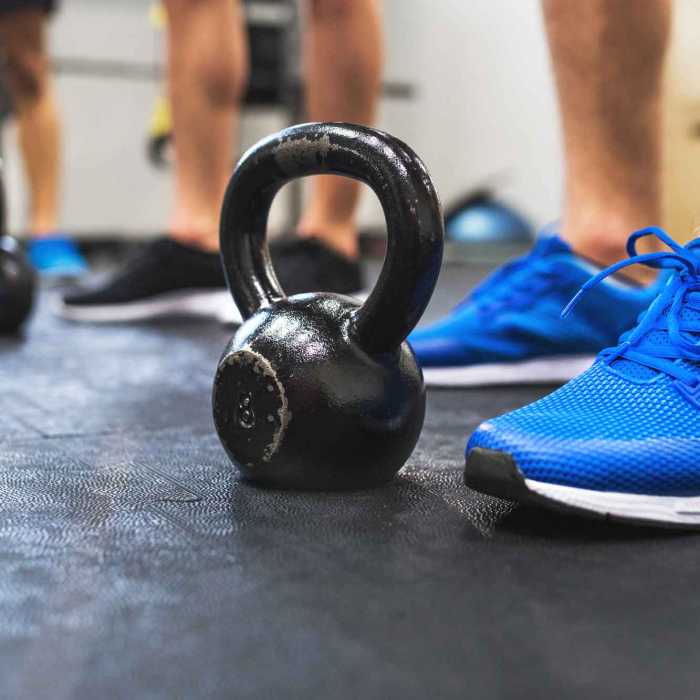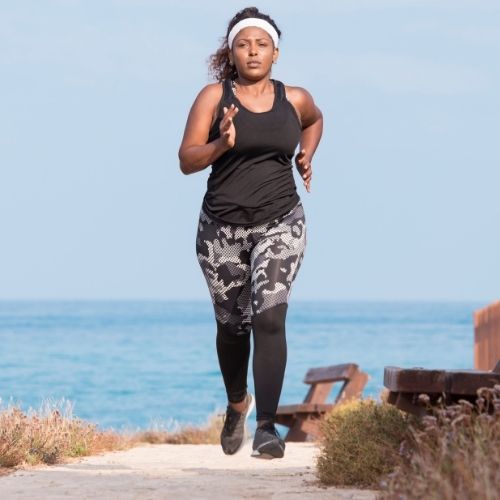What is the Catch?
Online Glossary / Quick Reference
The Olympic lifting position where the weight is supported at the shoulders or overhead.
About Catch
The catch is a critical position in Olympic weightlifting where the weight is securely supported at the shoulders or overhead after being lifted from the ground. This position is essential for completing two of the main Olympic lifts: the clean and jerk and the snatch. The catch phase requires precision, strength, and stability to ensure the lifter can transition smoothly to the next phase of the lift.
The Catch in Different Lifts
- Clean and Jerk: In the clean, the catch occurs when the lifter pulls the barbell up and "catches" it on the front of the shoulders, with the elbows pointing forward and the bar resting across the clavicles and deltoids. This position is followed by the jerk, where the lifter then drives the weight overhead to complete the lift.
- Snatch: In the snatch, the catch happens when the lifter pulls the barbell overhead in one continuous motion and catches it with arms fully extended, locked out, and the body in a deep squat position. The lifter then stands up to complete the lift.
The catch position is vital for the success of these lifts, as it requires not only strength but also flexibility and technique. Proper form in the catch helps prevent injuries and ensures that the lifter can stabilize the weight effectively. Key elements of a successful catch include a strong and stable core, proper wrist and shoulder flexibility, and the ability to quickly transition into the catch position.
Training the catch position involves practicing with lighter weights to perfect technique before progressing to heavier loads. Drills such as front squats, overhead squats, and mobility exercises for the shoulders and wrists are commonly used to enhance the catch position.
